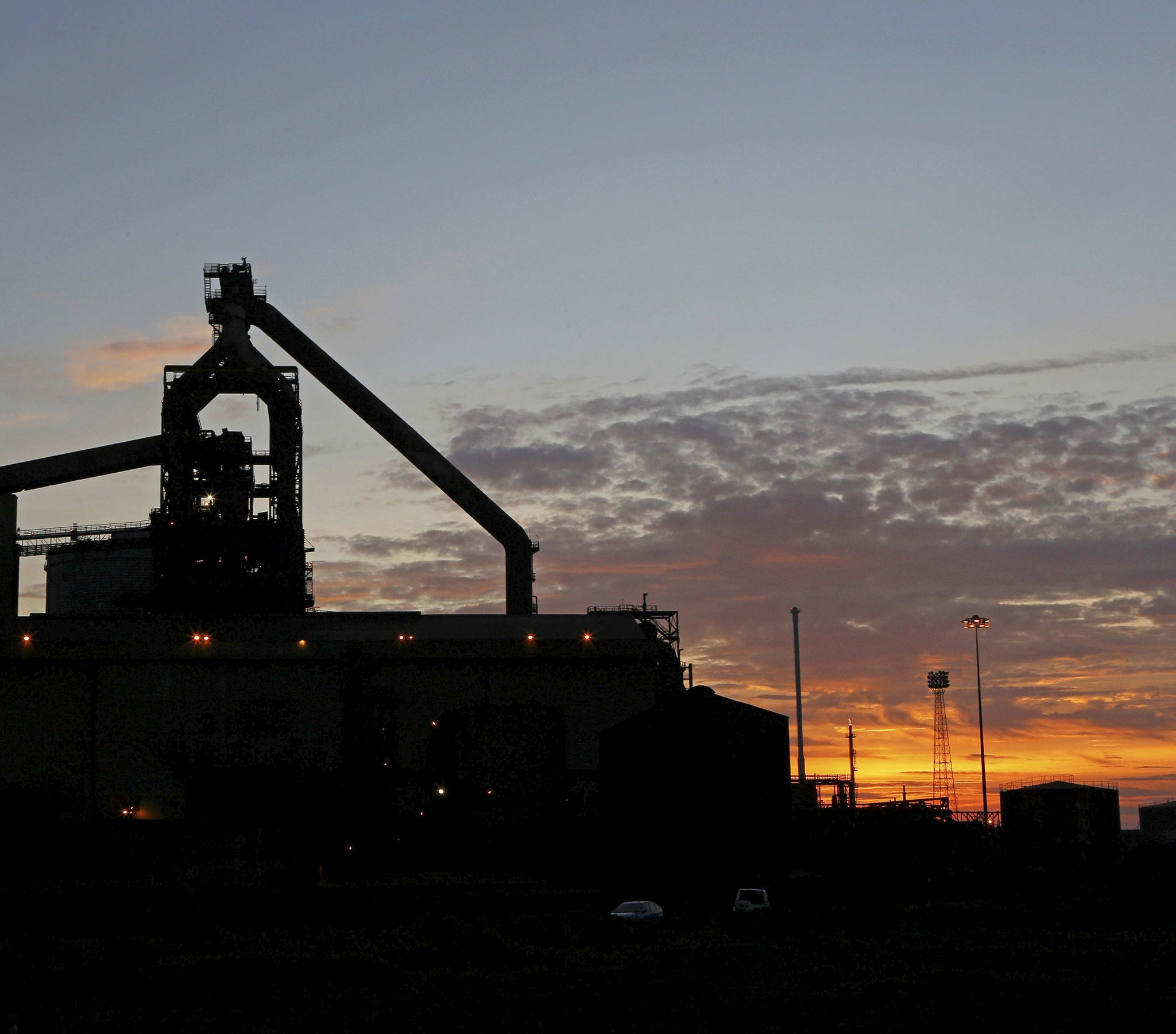Intervention has its merits, but Redcar's steel industry cannot be saved
Should David Cameron have propped up Redcar? Sadly the laws of supply and demand say no


At the headquarters of Posco, the super-efficient South Korean steel manufacturer, the words of the country’s former military dictator, Park Chung Hee, are inscribed on a large banner: “Iron and steel is national strength.” It’s a view shared by some here in Britain.
The Teesside Steelworks in Redcar, which went under last week, was foreign-owned and chronically loss-making, but the cry nevertheless went up from trade unions and MPs for the government to prop up the manufacturer with taxpayers’ money.
“Major industry, an amazing skill base, an amazing record of producing steel which has made so much of this country,” proclaimed Jeremy Corbyn recently, before urging David Cameron to emulate the example of the Italian government, which recently bailed out a struggling steel plant in Taranto earlier this year.
The argument that steel is “special” and deserves state protection tends to make those on the free-market right weep with frustration and wave their economic textbooks in the air. Yet, from a historical perspective, the protectionist argument has been vindicated time and time again.
As the writer Joe Studwell outlines in his illuminating 2013 book How Asia Works, virtually all the successful economies of that continent cossetted their nascent domestic steel plants with extensive subsidies and shielded them from foreign competition. They ignored the warnings from Western economists that this kind of protectionism would be wasteful and ultimately retard development. And they were right to do so because industrial manufacturing in countries such as Japan and South Korea became the motor that propelled their wider economic advance, lifting tens of millions of their citizens out of extreme rural poverty.
What the free-market critics missed was a crucial indirect benefit of industrial development. Running steel plants (with the additional discipline of being compelled by governments to export) enabled local businesses to develop priceless technical expertise, which they could then apply when branching out into other profitable industrial activities such as car manufacturing. Steel really was the root source of their newfound national strength. It was special.
Nor is this an exclusively Asian historical phenomenon. Both Germany and America shielded their domestic steel industries in the late 19th century when they were trying to catch up with the pre-eminent industrial power of the day, Britain. It was the American founding father, Alexander Hamilton, who made the first case for the protection of “infant industries” in 1790.
So shouldn’t David Cameron have taken a leaf out of old Park Chung Hee’s playbook and propped up Redcar, saving some 2,200 badly-needed jobs in the North-east in the process? There are certainly times when industrial protection and subsidy can be justified on economic grounds. The nascent stage of a country’s industrialisation is one. An external and extreme financial market shock resulting in a temporary collapse of demand (such as the 2008-09 global financial crisis) is another.
Yet, sadly, this is not one of those times. It’s not credible to argue that Britain today needs a large steel industry to jump-start a developmental economic catch-up. Moreover, the world is choking on a massive oversupply of steel. Global output capacity has doubled in the past 15 years, which has prompted a collapse of the market price. Steel prices are down 40 per cent so far this year.
That’s the fundamental reason plants such as the Thai-owned Redcar plant can’t make profits. Bailing out Redcar with taxpayer money to keep its blast furnaces operational will do nothing to reduce the global glut of steel. This is not, alas, a temporary shock.
The curse of the steel industry is not too little state protection but – on a global level – far too much. Developed world governments such as Germany, which continue to offer covert subsidies to their steel industries in the form of subsidised energy, are making matters worse. But the biggest culprit is China.
Steel production has helped to power China’s stunning economic advance in recent decades. But now China has far too much steel-producing capacity – and its enormous surplus is being dumped on world markets because the authorities in Beijing are ducking the sensitive challenge of reducing domestic capacity.
This is not what the redundancy-threatened steel workers of Redcar want to hear, but the Government was right to resist the calls to intervene. To really help the British steel industry and its 30,000 employees, ministers should direct the efforts towards ensuring that, in this instance, market signals are transmitted – and that the least efficient steel plants in the world are allowed to go bust.
Join our commenting forum
Join thought-provoking conversations, follow other Independent readers and see their replies
Comments
Bookmark popover
Removed from bookmarks